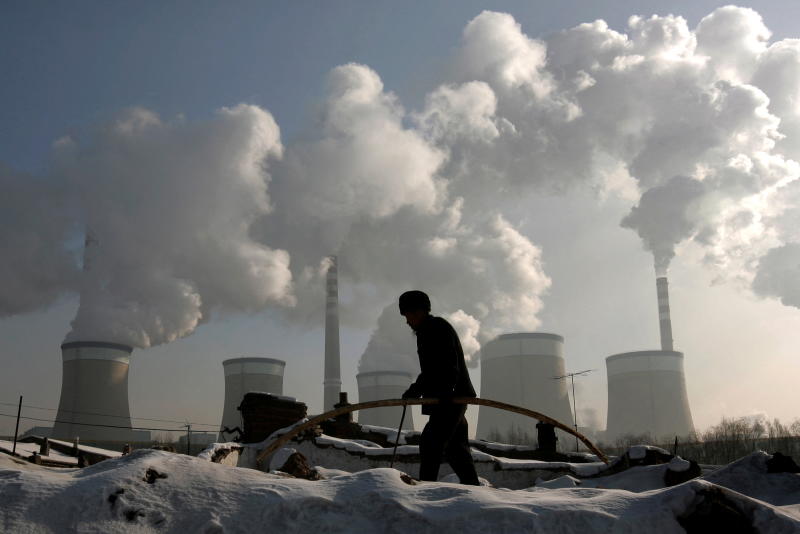
A villager walks in front of a coal-fired power plant on the outskirts of Datong, Shanxi province, on November 20, 2009. [Reuters, Jason Lee]
The 66th session of the Commission on the Status of Women (CSW66) began on March 14 and continues up to March 25. This year’s priority theme is 'Achieving Gender Equality and the Empowerment of all Women and Girls in the Context of Climate Change, Environmental and Disaster Risk Reduction Policies and Programmes'. This theme perfectly aligned with this year’s International Women’s Day theme: Gender equality today for a sustainable tomorrow.